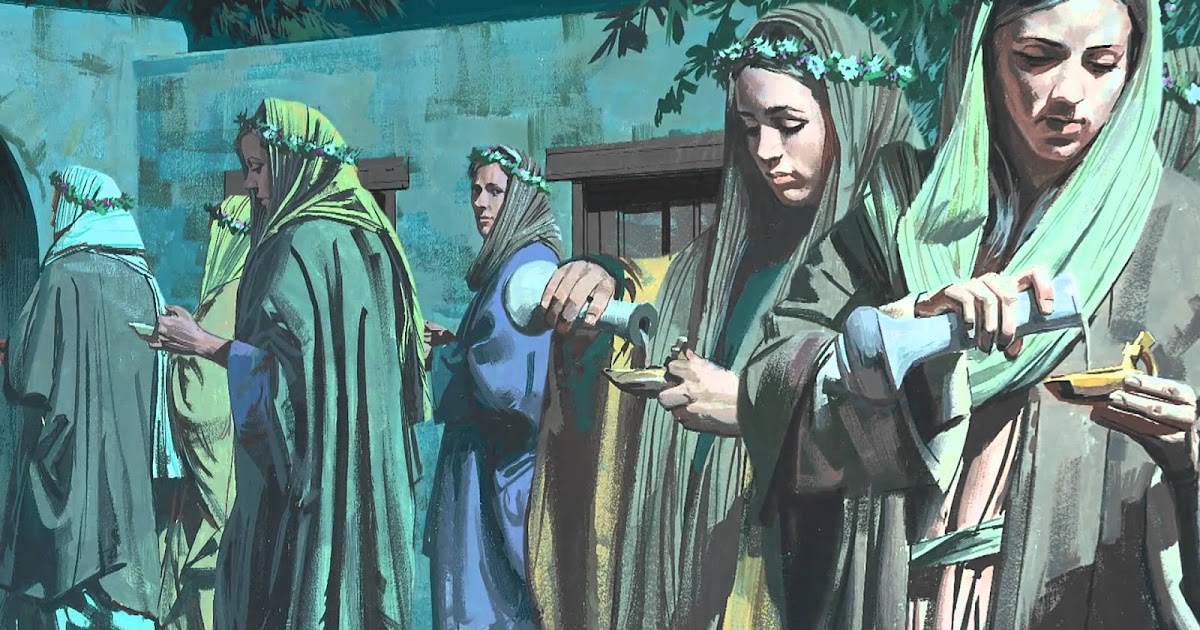The LORD spoke to Ahaz, saying: Ask for a sign from the LORD, your God; let it be deep as the netherworld, or high as the sky!
But Ahaz answered, “I will not ask! I will not tempt the LORD!”
Then Isaiah said: Listen, O house of David! Is it not enough for you to weary people, must you also weary my God? Therefore the Lord himself will give you this sign: the virgin shall conceive, and bear a son, and shall name him Emmanuel.
Is 7:10-14
In this reading from Isaiah, we hear words of a beginning: the conception of a child. But it is a mysterious beginning. A virgin shall conceive. Her son will be called “God with us”.
By faith, we know these as the words foretelling the beginning of the life of Our Lord on earth, as we hear in the first chapter of Matthew’s Gospel.
Beginnings can be difficult. Our enthusiasm for the goal, which should motivate us to carry out the means before us, can turn to disappointment or frustration because, in addition to being difficult, beginnings are often mysterious or obscure. The path to the end often begins at a place that seems very far from where we’d like to go. But the obscurity of beginnings should not surprise us. We see this truth in the things of nature. The great, flowing, colorful expanse of the tree, standing proudly in the sun, begins in a small, hard, dark seed: buried and hidden away from the light.
Fr Walter Farrell OP once wrote “[To begin at the beginning] is a divine way of doing things, the divine way that made the Son of God start human life as an infant. For divinity itself is the Beginning and is naturally careful of beginnings.”
Beginnings call for faith, to let the darkness and obscurity of the way form us for the end we pursue. Beginnings should be undertaken in a spirit of ‘keeping vigil’. Vigils are times of expectation & anticipation, but they are also times of darkness. The season of Advent is one long vigil: the expectation of the Christ Child, growing, unseen and unheard, in the darkness of the womb of Mary. And to navigate that darkness, we must walk by faith, and not by sight.
During Advent, we prepare for Christ’s coming at Christmas, and so does God. Not that God Himself needs preparation, but that He is present in the midst of ours. The reading from Isaiah tells us that however long you have been preparing for something, God has been preparing longer. God’s Providence precedes your preparations, and will follow after them. Whatever it is you are preparing for, whatever kind of smaller advent it might be. Perhaps it is the birth of a child. Perhaps your parish is starting a new kind of social outreach. Or it may be that commonplace advent that comes before each Mass we attend, when we prepare to receive Our Lord in Word and Sacrament. Before our preparation even begins, God has been working in our lives and the lives of others. We chart our course and sail across the great sea of God’s Providence. And navigating this sea requires faith and keeping vigil.
The love of Mary for Christ in her womb, the months of gestation, the months of silent faith, pondering the words of the Angel, the work of Joseph to provide for Mary and the Child, all were preceded by the love of God spoken of in Isaiah, and even earlier. As the Lord says later in the book of Isaiah:
“I am God, and there is none like me, declaring the end from the beginning and from ancient times things not yet done, saying, ‘My counsel shall stand, and I will accomplish all my purpose,’… I have spoken, and I will bring it to pass. I have purposed, and I will do it.”
Is 46:9-11

